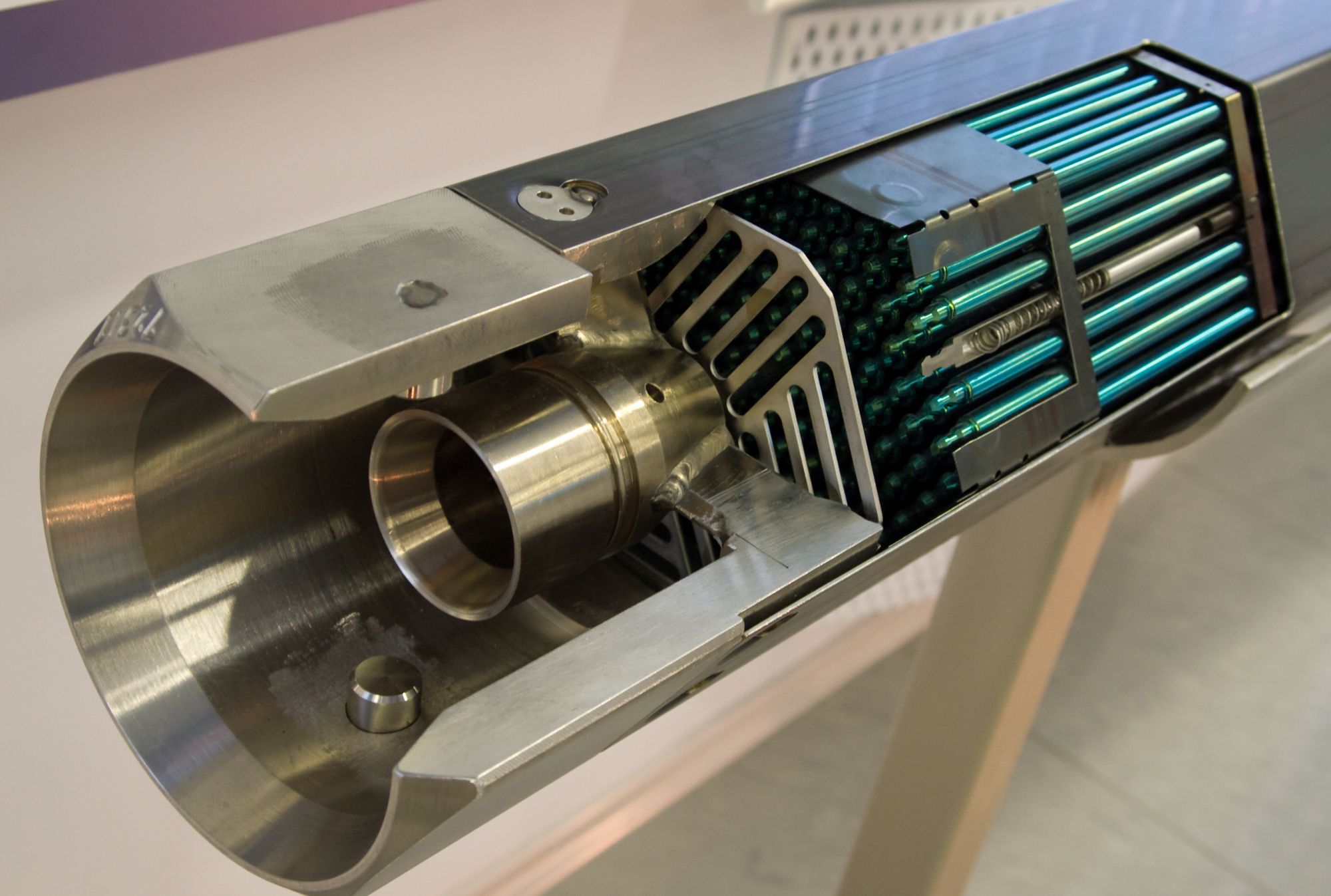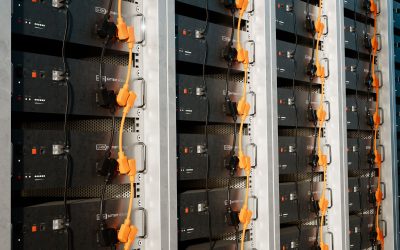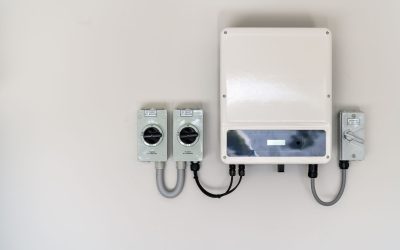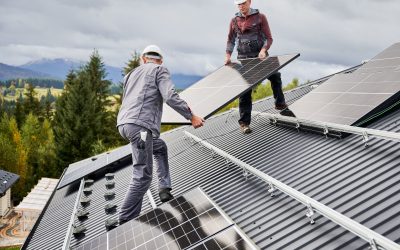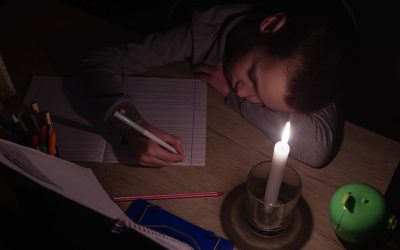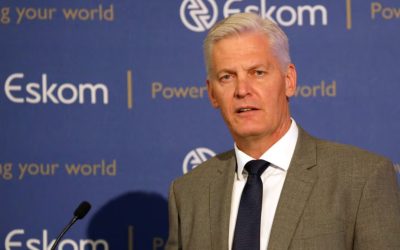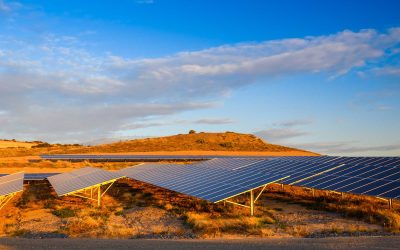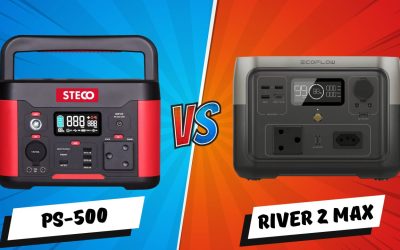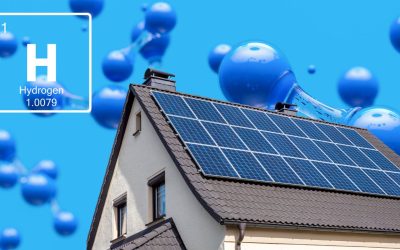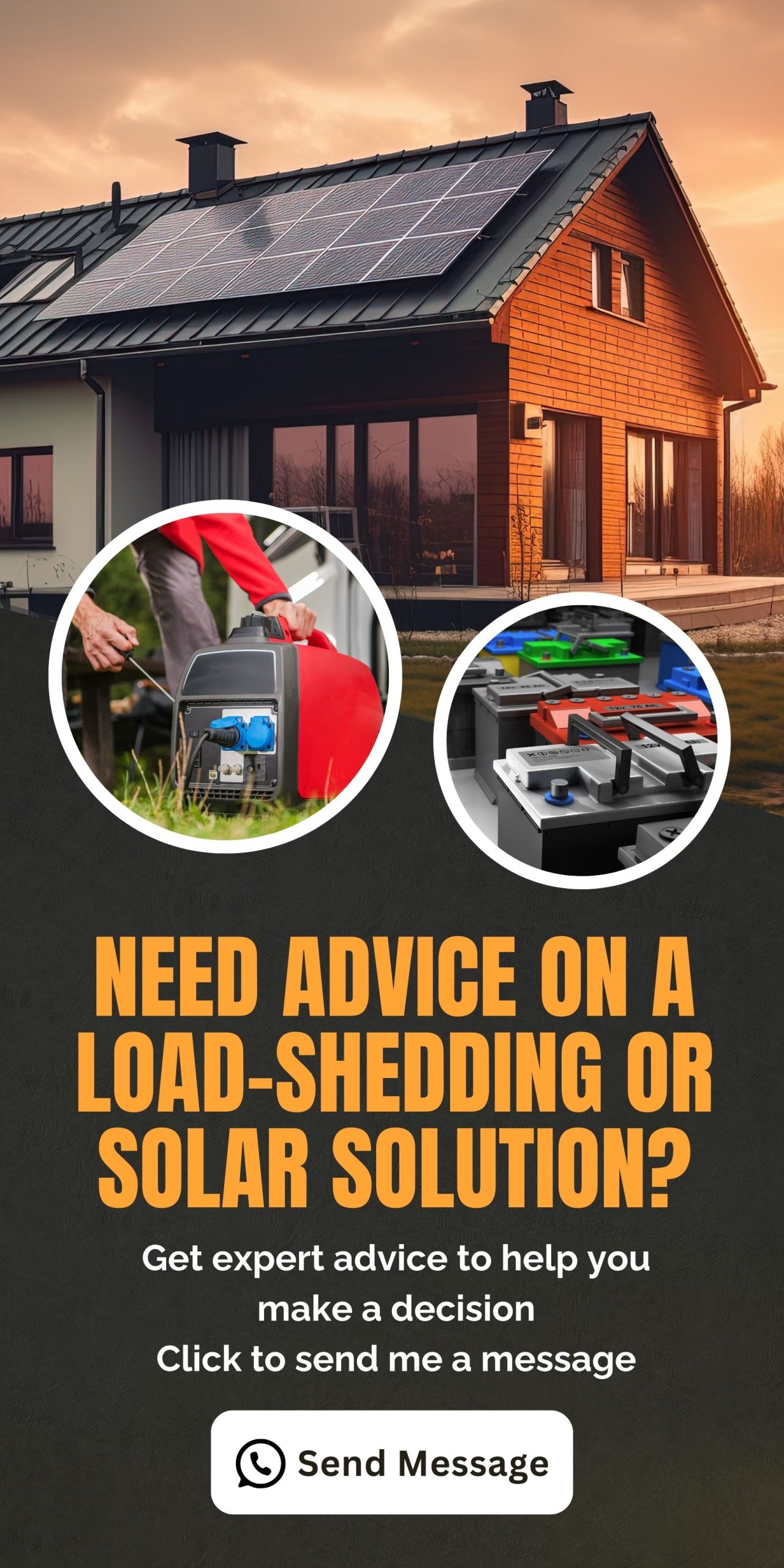A new report from the Institute for Energy Economics and Financial Analysis (IEEFA) questions the usefulness of small modular nuclear reactors (SMRs) for meeting global energy needs. SMRs, which can power about 30,000 homes, once seemed like a promising alternative to large reactors. However, the report shows that these projects often cost too much, take too long to build, and come with many risks.
Examples from around the world show SMRs consistently going over budget and taking much longer than expected to complete. The report also says that spending money on SMRs would make that money unavailable for renewable energy projects like wind, solar, and battery storage, which are more effective for quickly reducing reliance on fossil fuels. The main message is that renewable energy offers a better and faster solution for our energy needs right now.
Mail & Guardian published an article earlier this year about South African nuclear scientists who are developing mini nuclear reactors to address the country’s frequent power outages and to create a future export industry. My knee-jerk reaction was: Why would you want to do that if solar, wind, and battery storage have become so cheap and so easy to deploy? This new report demonstrates that sentiment.
In South Africa, we have more sun and wind than just about everywhere in the world. Capitalizing on these resources will solve our energy issues much sooner and more economically than every other available option. It would also give us a global competitive advantage. We would be the go-to place for cheap, green products. That would certainly improve our exports.
Plus, it’s far less risky. While nuclear has become safer over the years, people would still rather prefer living next to a solar farm than next to nuclear reactor. That says a lot.

